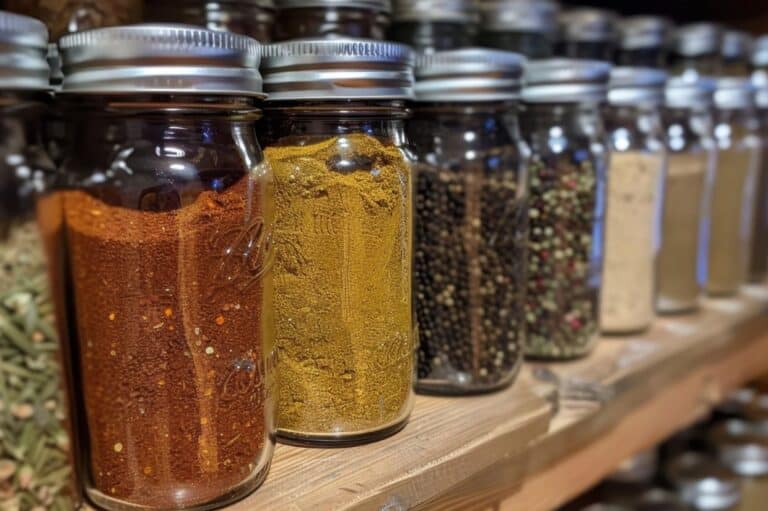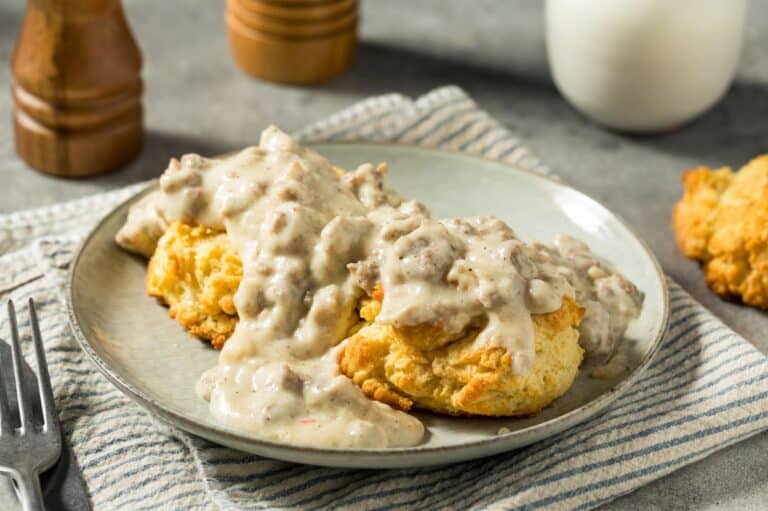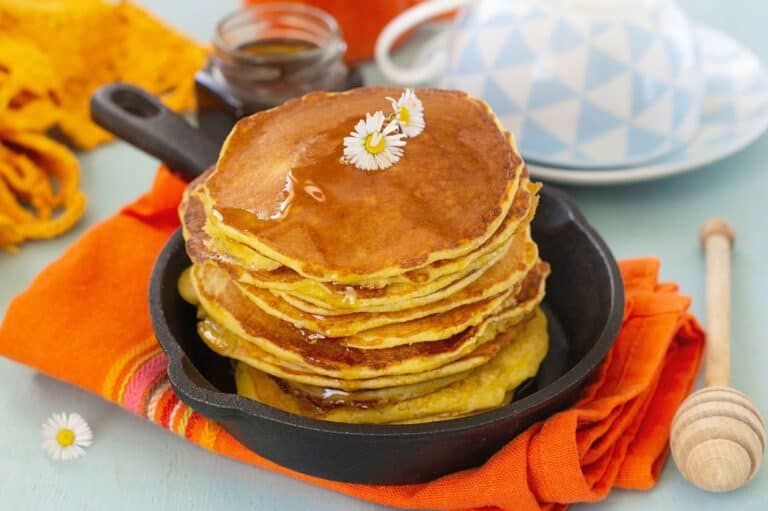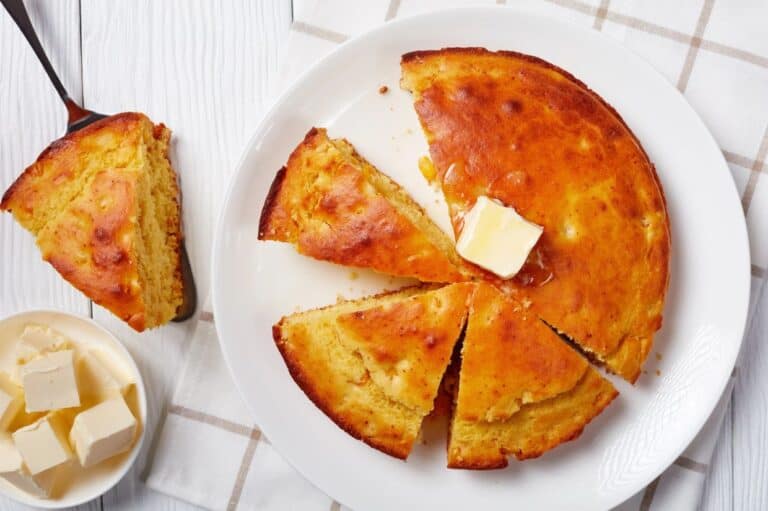If there’s something that truly belongs in a Southern kitchen, it’s a well-loved, well-seasoned cast iron skillet. For generations, families have passed down, cherished and trusted this humble piece of cookware to whip up some of the most iconic dishes in Southern cuisine. But what makes cast iron so special? Is it the history, the versatility or that unbeatable sear it puts on everything from steaks to cornbread? Read on to find out why cast iron is the secret weapon in Southern kitchens.
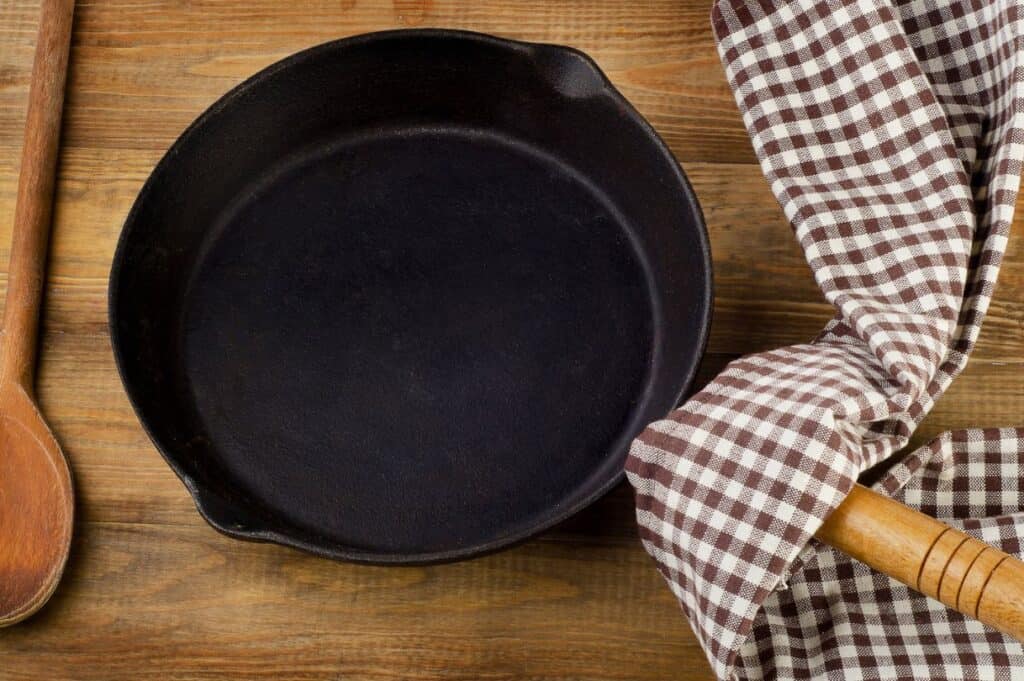
A legacy passed down through generations
One of the first things you’ll hear when talking about cast iron in the South is the family connection. These skillets aren’t just tools; they’re heirlooms. Ask a Southern cook about their cast iron, and chances are, it belonged to their grandma or maybe even their great-grandma. It’s seasoned not only with oil but with memories of Sunday dinners, holiday feasts and countless batches of fried chicken.
And here’s the thing: Cast iron only gets better with age. Unlike most cookware, which wears out over time, cast iron improves the more you use it. The seasoning — a layer of oils baked into the skillet — becomes smoother, more non-stick and more flavorful with each meal cooked. That’s why a skillet owned by the family for decades is prized. It’s not just the nostalgia; it’s the unbeatable cooking surface that’s been refined over time.
Versatility that can’t be beat
Versatility is always high on the list if you ask anyone who owns a cast iron skillet what they love most about it. Cast iron isn’t just for frying, though it shines there. You can bake, roast, sauté and even grill with it. Cornbread, biscuits, cobbler, roasted vegetables, steak and, of course, fried chicken — all can be done in one pan. And don’t forget about Southern favorites like shrimp and grits or a good old-fashioned country breakfast.
What makes cast iron so versatile is its ability to retain heat. Once that skillet is hot, it stays hot, making it perfect for getting a beautiful sear on a steak or cooking evenly when making something like skillet cornbread. And unlike other pans, it transitions seamlessly from stovetop to oven. Searing a pork chop on the stove and finishing it in the oven? No problem. Baking a fluffy cornbread with that signature crispy edge? Cast iron does it effortlessly.
Cast iron and Southern classics
You can’t talk about cast iron without mentioning its role in some of the most popular Southern dishes. Take cornbread, for example. Sure, you can make cornbread in a regular baking dish, but ask any Southerner, and they’ll tell you it’s just not the same. Cornbread baked in cast iron gets that golden, crispy crust that’s impossible to replicate with other pans. It’s that contrast between the crunchy exterior and the soft, tender crumb inside that makes it so special.
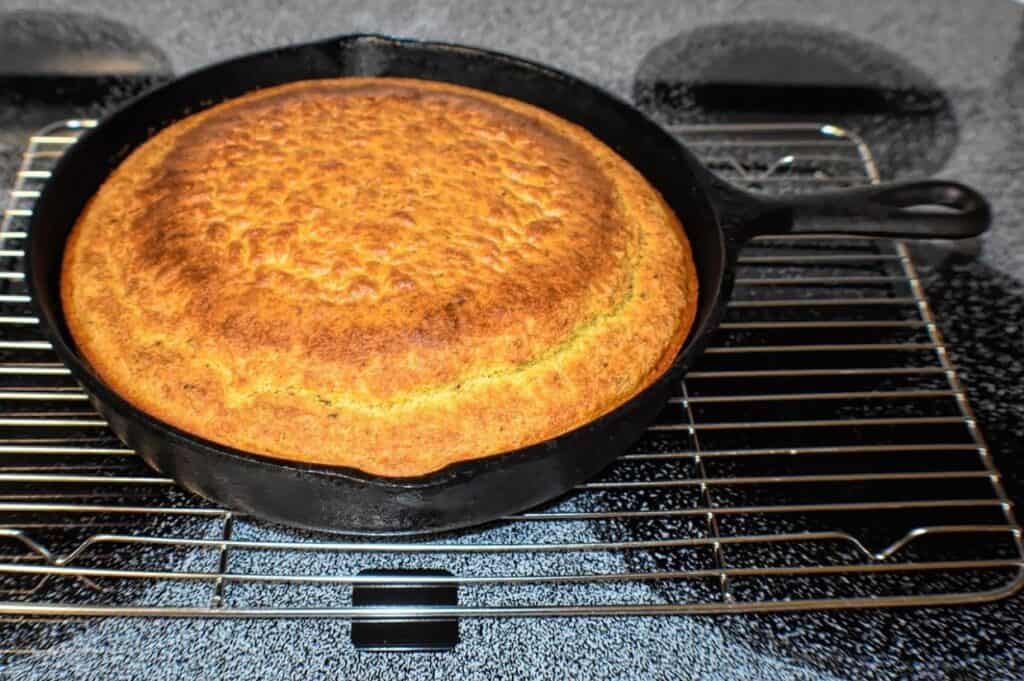
Fried chicken is another staple that’s practically married to cast iron. That deep, even heat is essential for getting the chicken perfectly crispy on the outside while staying juicy and tender on the inside. Plus, cast iron holds heat better than your typical frying pan, which means you get that beautiful golden-brown crust without worrying about the temperature dropping as soon as you add the chicken to the oil.
And let’s not forget about the iconic Southern dessert: Peach cobbler. There’s something about baking fruit in a cast iron skillet that feels like a hug. The peaches get all bubbly and caramelized around the edges, while the top crisps up beautifully. It’s rustic, homey and exactly what you want from Southern comfort food.
The magic of seasoning
One of the biggest advantages of cast iron is the non-stick surface that develops over time, known as seasoning. This isn’t the kind of non-stick coating you get from a store-bought pan. It’s something you build and maintain yourself. Every time you cook with a bit of oil or fat, it helps create a natural, non-stick surface. The more you use your cast iron, the better that surface becomes.
That’s why Southern cooks will often talk about “seasoning” their skillet. It’s a process that requires care, but it’s also what makes cast iron so special. A well-seasoned skillet is a dream to cook with — it’s naturally non-stick, adds a little extra flavor to whatever you’re making, and is nearly indestructible.
And the best part? You can always re-season it if you somehow mess up your skillet (burn something, leave it soaking in water too long). Unlike modern non-stick pans, cast iron can be restored with a little elbow grease and some oil. It’s practically immortal.
It’s tough as nails
One of the great things about cast iron is how durable it is. These pans can last a lifetime — or several. But that doesn’t mean you can just throw them in the dishwasher and forget about them. Cast iron does require a bit of TLC to stay in good shape.
After cooking, you should clean your skillet with hot water (and maybe a little salt if you need some scrubbing power) and dry it thoroughly. And because cast iron can rust, it’s important to apply a thin layer of oil after each cleaning to protect the surface and keep that seasoning intact.
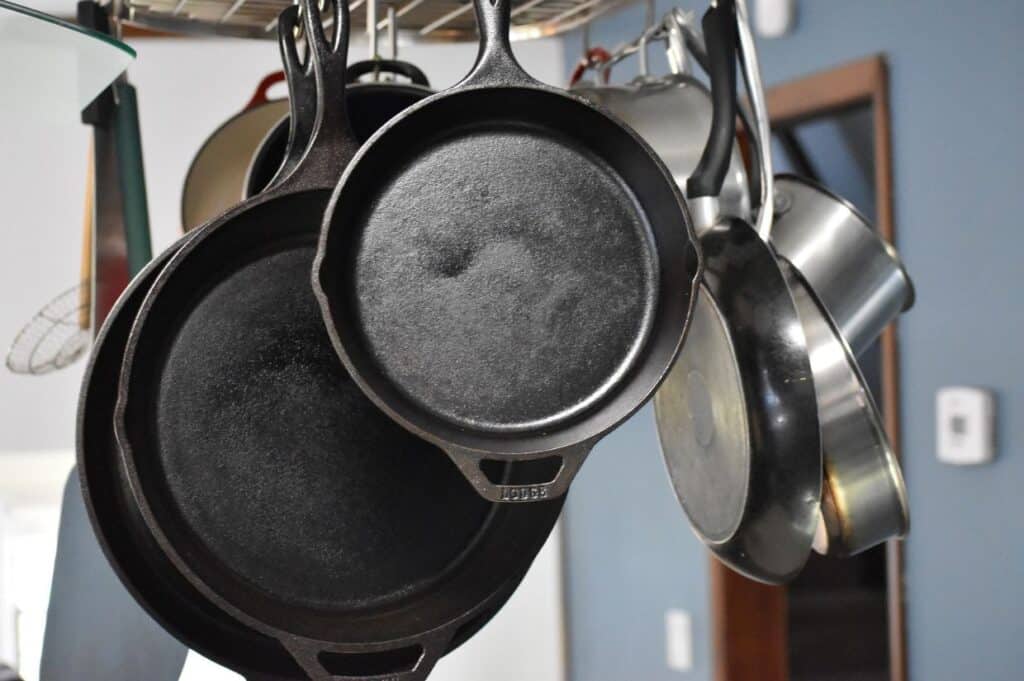
But don’t let that scare you off. Once you get into the routine, caring for cast iron becomes second nature. And the payoff — a skillet that cooks like a dream and lasts forever — is more than worth it.
A connection to the past
Using cast iron is more than just practical — it’s a way to connect to the past. In many ways, cooking with cast iron feels like stepping back in time to when food was simpler, ingredients were local and meals were a way to bring families together.
In Southern kitchens, cast iron skillets have seen countless fried chicken dinners, pots of gravy and breakfasts cooked over campfires. They’re a reminder of a slower time when meals were prepared with love and passed down through generations. And in a world that’s moving faster than ever, there’s something comforting about knowing that some things — like the role of cast iron in the kitchen — haven’t changed.
The secret to Southern cooking
Southern cooking wouldn’t be the same without cast iron. Its versatility, durability and ability to cook up some of the tastiest dishes around make it indispensable. Whether it’s frying, baking or roasting, cast iron proves its worth time and again. So, if you don’t have a cast iron skillet yet, it might be time to get one. After all, there’s a reason it’s been the secret weapon in Southern kitchens for generations.
